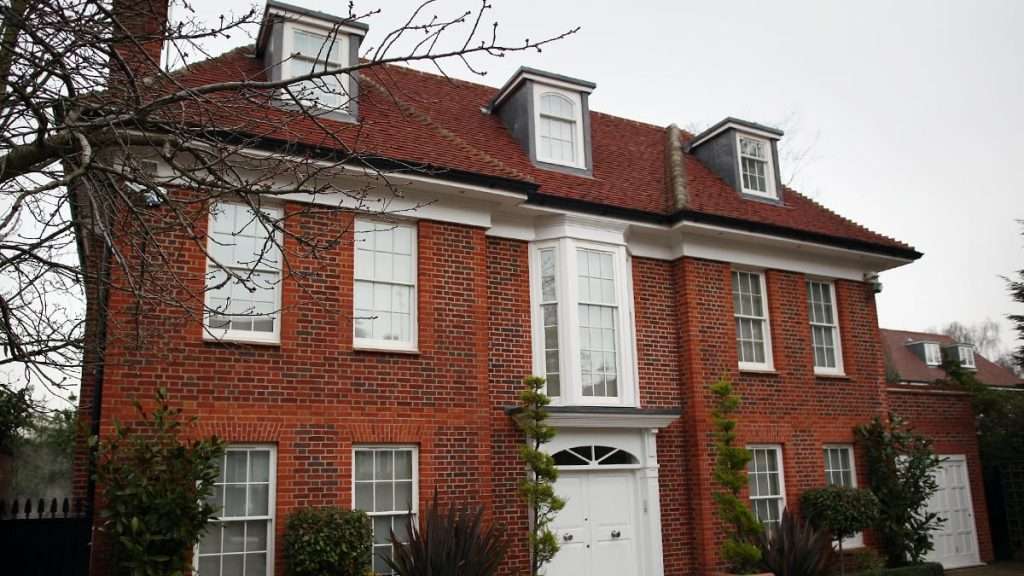UK judge backs arms firm over Gaddafi mansion

A British judge ruled that US arms manufacturer General Dynamics is entitled to the proceeds from the sale of a London mansion, once owned by late Libyan dictator Muamar Gaddafi’s son, according to The National April 17th.
The £9 million ($11.2 mil) Gaddafi mansion has been at the centre of a legal battle between the arms firm and Libya for over a decade.
General Dynamics, who produces the F-16 fighter jet and M1 Abrams tank, is seeking to recover £16 ($19.9 mil) it is owed for the supply of communications equipment to Libya’s Gaddafi regime.
Documents revealed by Reuters in 2011 showed the arms firm to be working to improve communications systems on tanks, artillery, and armoured personnel carriers for the Khamis Brigade, led by and named after another one of Muammar’s sons.
READ: Libyan and Lebanese officials discuss fate of Gaddafi’s son
Court documents put the total value of the 2008 deal in excess of £84 mil ($104 mil), though only a fraction of the order was fulfilled before Gaddafi was overthrown and killed in 2011.
Libya claimed that it is exempt from legal action taken by the arms supplier due to “state immunity,” which was rejected by the UK high court judge. The company must now apply for a court order demanding the sale of the property.
Once owned by Saadi Gaddafi, former commander of Libya’s special forces, the property was seized by the Libyan state in 2012, after the overthrow of the Gaddafi regime, as part of an attempt to recuperate $200 bn in overseas assets looted by the family.
READ: Libyan authorities sitting on a gold mine
Expert on Libya at the Chatham House think tank, Tim Eaton, told The National that Muammar Gaddafi was “famed for seeing Libya’s assets as his assets,” which he used to support patronage networks rather than the Libyan people.
Eaton added that “if this [General Dynamics] case comes to pass and you see assets taken by the regime going to a contractor then the Libyan people will have got nothing out of it. It’s understandable that the contractors want to be recompensed but that’s not going to help the Libyan people much.”
The National / Reuters
Want to chase the pulse of North Africa?
Subscribe to receive our FREE weekly PDF magazine













